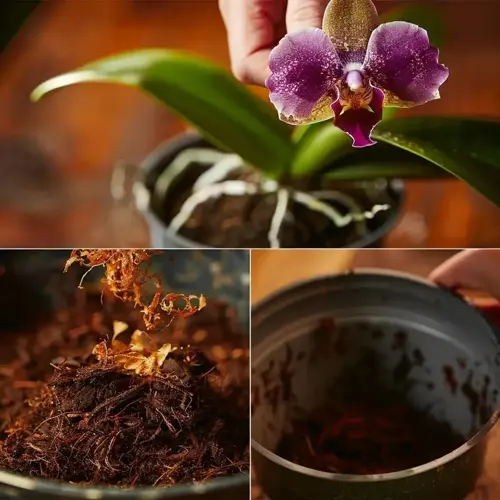What maintenance ensures plant purification efficiency?

Written by
Olivia Mitchell
Reviewed by
Prof. Samuel Fitzgerald, Ph.D.Regular upkeep ensures the plant continues to purify. Dust buildup clogs leaf pores, called stomata, that absorb toxins, and root-bound plants in depleted soil cease microbial activity. I clean the leaves of my Snake Plant once a month. This allows it to continuously purify formaldehyde.
Following a consistent care regimen will provide the best results. Wipe leaves down to keep stomata unblocked for gas exchange. Repot at least once a year to renew toxin-eating soil microbes. Water appropriately to maintain transpiration rates. Rotate plants for steady light action. My routine, which I follow every two weeks, takes about 20 minutes/ room.
Leaf Care
- Monthly wiping: Remove dust blocking stomata with damp cloth
- Inspection: Check for pest damage or discoloration
- Pruning: Trim yellowed leaves to redirect energy
Root & Soil Management
- Biennial repotting: Refresh soil microbes that break toxins
- Soil testing: Check pH balance every 6 months
- Aeration: Loosen compacted soil monthly
Environmental Optimization
- Rotation: Turn plants quarterly for even light distribution
- Seasonal adjustment: Reduce watering in winter months
- Grouping: Cluster plants to create beneficial microclimates
Observing transpiration rates through leaf condition. Droopy leaves mean underwatered! Yellow leaves denote overwatering. Adjust according to the seasonal humidity! I use my moisture meter to maintain perfect levels. Regularly watering your plant will help maintain its ability to process toxins effectively.
I started with a minor practice, such as wiping leaves once a month. Notable improvements in plant vitality and air quality were a bonus! You can gradually develop comprehensive care practices. For example, my Peace Lily's increased number of flowered leaves was a strong indication that care practices promote purification potency.
Read the full article: Top Air Quality Plants for Cleaner Homes

